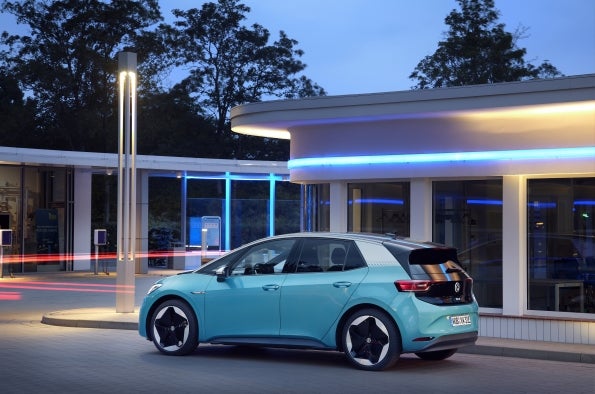
Targets are being put in place to wean European customers of Russia’s energy products off their dependency on the increasingly isolated state. The duration and outcome of the conflict are unknown, but it is certain that much of Europe has been shocked into changing its trading relationship with Russia, probably for a long time to come.
A faster shift from internal combustion engines (ICE) to battery electric vehicles (BEV) cuts dependency on oil but replacing imported Russian oil with alternatives in the medium term, though hard, is not impossible. Cutting dependency on Russian gas is much tougher and gas was used to generate 20% of Europe’s electricity in 2020. A switch to BEV means a greater demand for electricity, exacerbating the problem. The answer, of course, is renewables but that is a long-term solution. Even though the current situation may provoke acceleration in the rollout of nuclear, wind, solar and hydro generation it wouldn’t happen fast enough to compensate for the Russian gas taps being turned off. Inputs from wind and solar (the relatively rapid roll-out solutions) would need to double to mitigate losing Russia’s gas, and that’s assuming that people can be persuaded to turn down their heating thermostats and put on extra clothing.
And as has been widely reported, the cost of BEVs may well increase as battery raw material costs (nickel in particular) skyrocket. It may be naïve to show battery additional costs based on nickel at US$100,000 per tonne (the recent peak price on the LME) as no battery cell maker will pay that price. But we can assume that there will be market volatility with an upward trend in price. At the very least, this will dampen or halt OEM plans to reduce BEV prices and may even put them into reverse. Non-nickel, non-cobalt battery chemistries solve the issue, and we may see faster adoption of LFP batteries. But while the capabilities of that battery type have been developed beyond what was anticipated even a few years ago, it remains most suitable for entry-level and low range BEVs and is expected to continue to be subordinate to nickel chemistries in gigawatt fitment terms.
The argument goes that steeply rising road fuel prices will persuade people to reject combustion cars and switch to BEVs more quickly. If the fuel price hike were happening in isolation, we’d be revising our BEV forecast upward right now. But we are going to wait and see how the situation develops. Yes, the cost of ownership for combustion cars will increase, but that may be offset to some extent by reduced trips where possible. At the same time, a widening acquisition cost gap between ICE and BEV may dampen enthusiasm for going electric. It is one thing having to find a few more tens of Euros to fill the tank, but quite another having to find several thousand more than expected to finance a BEV.
The oil shock may be transitory, as alternative supplies are found, but fixing the issue of rising BEV prices may be tougher. Governments could increase incentives to offset higher prices, but they are already generous in many European countries and cash-strapped governments would rather cut them than enhance them.
For now, we aren’t significantly changing the ICE-BEV mix in our European forecasts and as the total cost of ownership of both is likely to increase just as many Europeans face the toughest hit to living standards in a generation, the real impact may be on top-line sales.
Al Bedwell, Director Global Powertrain, LMC Automotive







